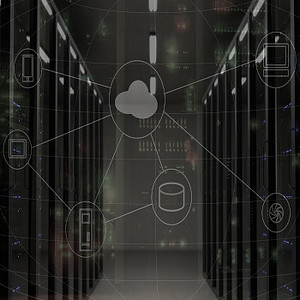Cyber Threats: New Tactics and Trends
Remote access to company networks is increasing and with it cyber threats are increasing. Cybercriminals are constantly developing their attack tactics. As companies' internal cybersecurity becomes more protected and monitored, cybercriminals have evolved their tactics and are focusing on new methods of compromise that provide a larger attack surface than ever before. This means organizations must look beyond their traditional IT boundaries to understand the full scope of threats that could lead to a cyber incident. External threats To better understand this expanded attack landscape, continuous...




